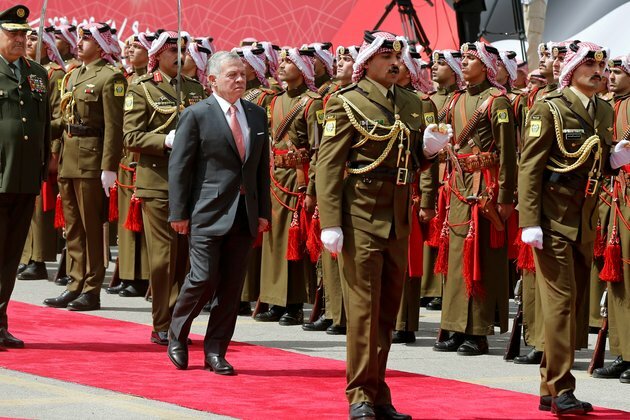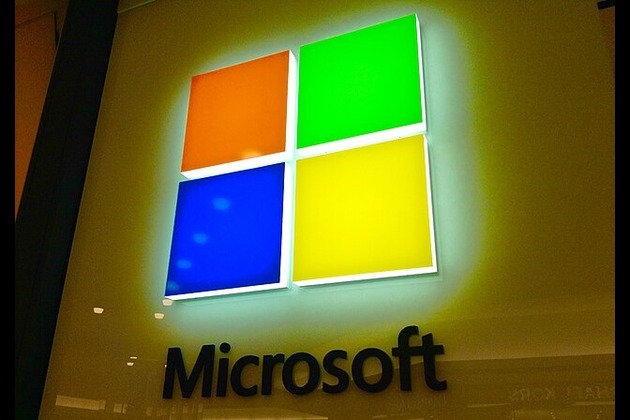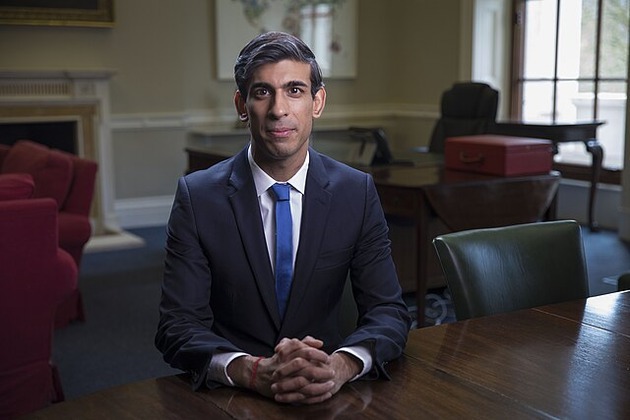Jordan Seeks Middle Ground in Mideast Rift
Voice of America
14 Aug 2019, 23:35 GMT+10

AMMAN, JORDAN - A diplomatic rift in the Middle East is deepening with Qatar and Turkey on one side, and Saudi Arabia, other Gulf Arab states along with Egypt on the other. Divisions have been growing over how to contain Iran's widening sphere in the region and the latest crisis on Gulf waterways, as well as the ongoing conflict in Syria and disputes over support of the Muslim Brotherhood and Hamas.
Key U.S. ally and moderate, Jordan, is trying to take some distance from its longtime Gulf Arab partners by getting closer to Qatar and Turkey and putting itself in the middle ground.
Jordan's King Abdullah is charting a more independent foreign policy course than in the past, analysts say, by taking some distance from the desert kingdom's longtime Gulf Arab partners. Jordan recently restored full diplomatic ties with Qatar by naming an ambassador to the country for the first time in two years, with Qatar following suit.
The development comes more than two years after Jordan downgraded its diplomatic representation, a few days after Saudi Arabia, the United Arab Emirates, Egypt and Bahrain - often known as the Arab Quartet - cut diplomatic ties with Qatar, accusing it of supporting Islamist militants and meddling in their internal affairs. Jordanian political analyst Osama al-Sharif explains.
"Jordan is realigning its foreign policy and the king is sending a statement that he does not want to be part of any axis or coalition in the region, except the coalition to fight ISIS. But other than that, Jordan has not joined the Saudi-led coalition in Yemen. It has taken steps to restore full diplomatic relations with Qatar because it does not want to be part of an anti-Qatar coalition," he said.
Jordan is also strengthening ties with Turkey after being wary of its growing clout in the Arab world. Turkey has been building up its influence as a major Sunni Muslim power player to compete with regional heavyweight Saudi Arabia in the Middle East, much in the same vein as Shiite Iran has jostled for control by using proxies in regional conflicts.
Analysts say Jordan's warming of relations with Qatar and Turkey, who are key rivals of Saudi Arabia, signals a turnaround in Jordan's foreign policy, known to support Saudi Arabia and the United Arab Emirates on most regional and inter-Arab conflicts.
But they say that Gulf Arabs states have not fulfilled pledges to help bolster Jordan with billions of dollars in a bid to soften the impact of International Monetary Fund austerity reforms on its cash strapped economy. And their shift in foreign policy focus on Iran along with Washington leaves Jordan worried whether a future Palestinian state will be set up under any Middle East peace deal.
Despite Jordan's King Abdullah II's first warning in 2004 about the spread of Iran's growing influence in Iraq, Lebanon and Syria-dubbed the Shiite crescent-analyst Al Sharif says Jordan doesn't have the appetite to get involved in the growing rift with Iran over the Gulf waterways.
Even with regard to Iran, it has been very careful in choosing what kind of actions to take when Saudi Arabia called for countries to withdraw or close their embassies. Jordan recalled the ambassador but kept the Iranian ambassador in Amman and did not close its embassy. So, Jordan is trying to underline the fact that it has its own interests to care for in the region and it does not want to be pulled into some sort of axis fighting another axis," he said.
The real bone of contention between Saudi Arabia and other Gulf Arab states, along with Egypt on the one hand and Qatar and Turkey on the other, is Iran says Günter Meyer, who directs the Center for Research in the Arab World at Germany's University of Mainz.
Qatar maintains a loose military cooperation with Iran and both countries jointly operate a gas field in the Gulf. Although Qatar tries to serve as a mediator, Meyer says, the Saudis do not find this acceptable.
He adds that the rift between also is playing out in Libya. There, Egypt and Saudi Arabia are backing Libyan militia commander Khalifa Haftar, while Qatar and Turkey support the government in Tripoli.
 Share
Share
 Tweet
Tweet
 Share
Share
 Flip
Flip
 Email
Email
Watch latest videos
Subscribe and Follow
Get a daily dose of Orange County Sun news through our daily email, its complimentary and keeps you fully up to date with world and business news as well.
News RELEASES
Publish news of your business, community or sports group, personnel appointments, major event and more by submitting a news release to Orange County Sun.
More InformationUnited States
SectionAI saves $500 million for Microsoft as layoffs reshape strategy
REDMOND, Washington: Artificial intelligence is transforming Microsoft's bottom line. The company saved over US$500 million last year...
CDC: US records 1,288 measles cases, most since 1992 outbreak
ATLANTA, Georgia: The United States is facing its worst measles outbreak in more than three decades, with 1,288 confirmed cases so...
FTC’s rule to ease subscription cancellations struck down by court
WASHINGTON, D.C.: A federal rule designed to make it easier for Americans to cancel subscriptions has been blocked by a U.S. appeals...
Ex-UK PM Sunak takes advisory role at Goldman Sachs
NEW YORK CITY, New York: Former British prime minister Rishi Sunak will return to Goldman Sachs in an advisory role, the Wall Street...
Travelers can now keep shoes on at TSA checkpoints
WASHINGTON, D.C.: Travelers at U.S. airports will no longer need to remove their shoes during security screenings, Department of Homeland...
Gold ETF inflows hit 5-year high as tariffs drive safe-haven bets
LONDON, U.K.: Physically backed gold exchange-traded funds recorded their most significant semi-annual inflow since the first half...
International
SectionCDC: US records 1,288 measles cases, most since 1992 outbreak
ATLANTA, Georgia: The United States is facing its worst measles outbreak in more than three decades, with 1,288 confirmed cases so...
Gaza War sucking life out of an Israeli generation
In the past month alone, 23 Israeli soldiers have been killed in Gaza—three more than the number of remaining living hostages held...
Faulty IT system at heart of UK Post Office scandal, says report
LONDON, U.K.: At least 13 people are believed to have taken their own lives as a result of the U.K.'s Post Office scandal, in which...
Travelers can now keep shoes on at TSA checkpoints
WASHINGTON, D.C.: Travelers at U.S. airports will no longer need to remove their shoes during security screenings, Department of Homeland...
Rubio impersonator used AI to reach officials via Signal: cable
WASHINGTON, D.C.: An elaborate impersonation scheme involving artificial intelligence targeted senior U.S. and foreign officials in...
Warsaw responds to migration pressure with new border controls
SLUBICE, Poland: Poland reinstated border controls with Germany and Lithuania on July 7, following Germany's earlier reintroduction...











